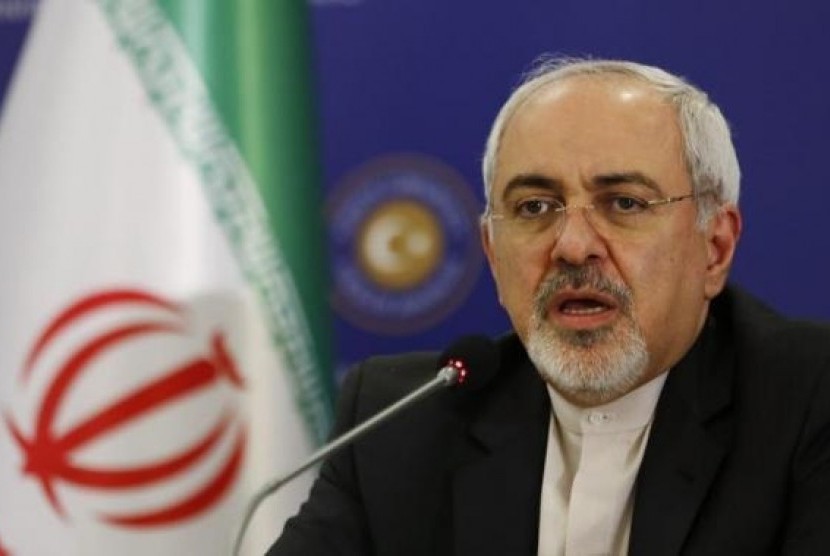REPUBLIKA.CO.ID, ANKARA/BRUSSELS - A deal between Iran and six major powers intended to pave the way to a solution to a long standoff over Tehran's nuclear ambitions would come into force on January 20, the Iranian Foreign Ministry and the European Union said on Sunday.
Shortly after the interim accord took effect, an Iranian official added, Tehran and world powers would start negotiating a final settlement of their differences about activity the West suspects aimed at obtaining a nuclear weapons capability.
Iran says its atomic energy program is aimed purely at electricity generation and other civilian purposes, although past Iranian attempts to hide sensitive nuclear activity from UN non-proliferation inspectors raised concerns.
The November 24 agreement appeared to halt a slide towards another, wider Middle East war over Iran's nuclear aspirations. But diplomats warn it will not be easy to carry out because of long-standing mutual mistrust.
The Iranian official, Deputy Foreign Minister Abbas Araqchi, said the deal would allow Iran to stop complying if it saw its partners not living up to their own commitments.
"We don't trust them," he told state television, reflecting ingrained suspicions between Iran and the West that underlie what have been protracted negotiations.
In Washington, President Barack Obama said Sunday the United States and other nations would begin to give Iran "modest relief" on economic sanctions as long as the Islamic Republic lived up to its end of the agreement.
Obama said he would veto any new sanctions passed by the US Congress during talks on a long-term deal with Iran, but added Washington would be prepared to increase its sanctions if Iran fails to abide by the agreement.
"The Geneva deal will be implemented from January 20," Marzieh Afkham of the Iranian Foreign Ministry told reporters in Tehran, the semi-official Mehr news agency said.
European Union foreign policy chief Catherine Ashton also confirmed the date, and said the sides would now ask the UN nuclear watchdog to verify the deal's implementation. Ashton represents the six powers - the United States, Russia, China, France, Britain and Germany - in contacts with Iran related to its contested nuclear program.
"We will ask the IAEA to undertake the necessary nuclear-related monitoring and verification activities," she said in a statement, referring to the International Atomic Energy Agency.


